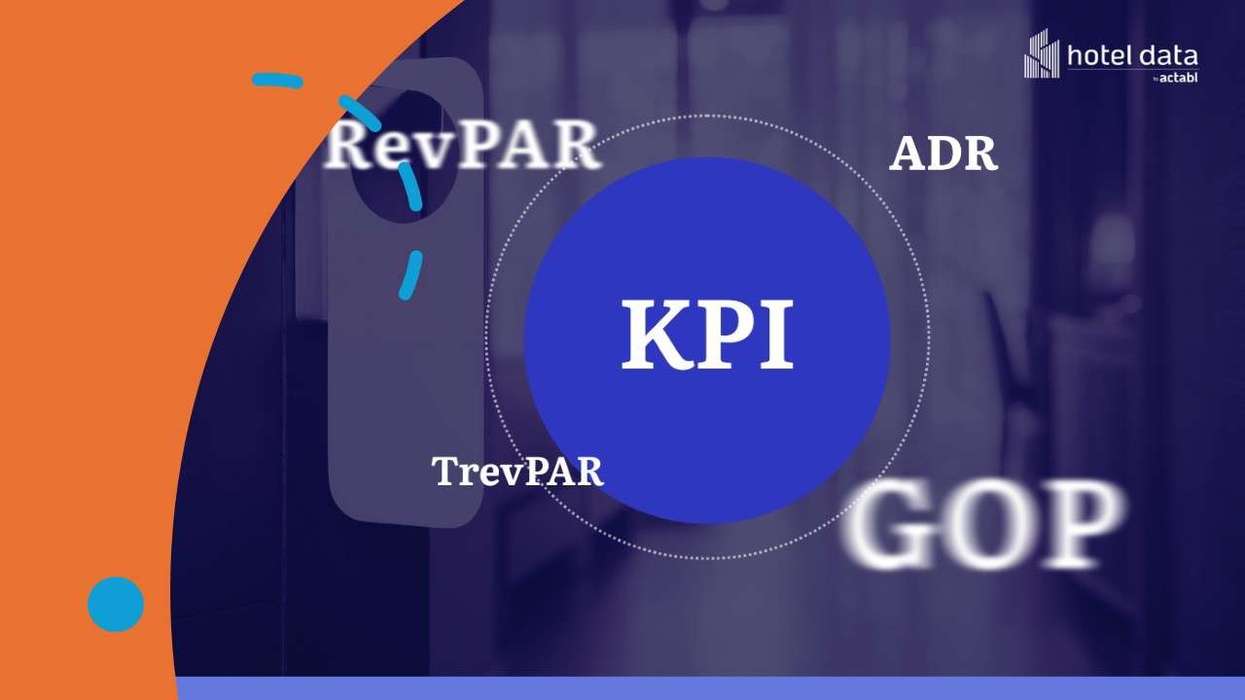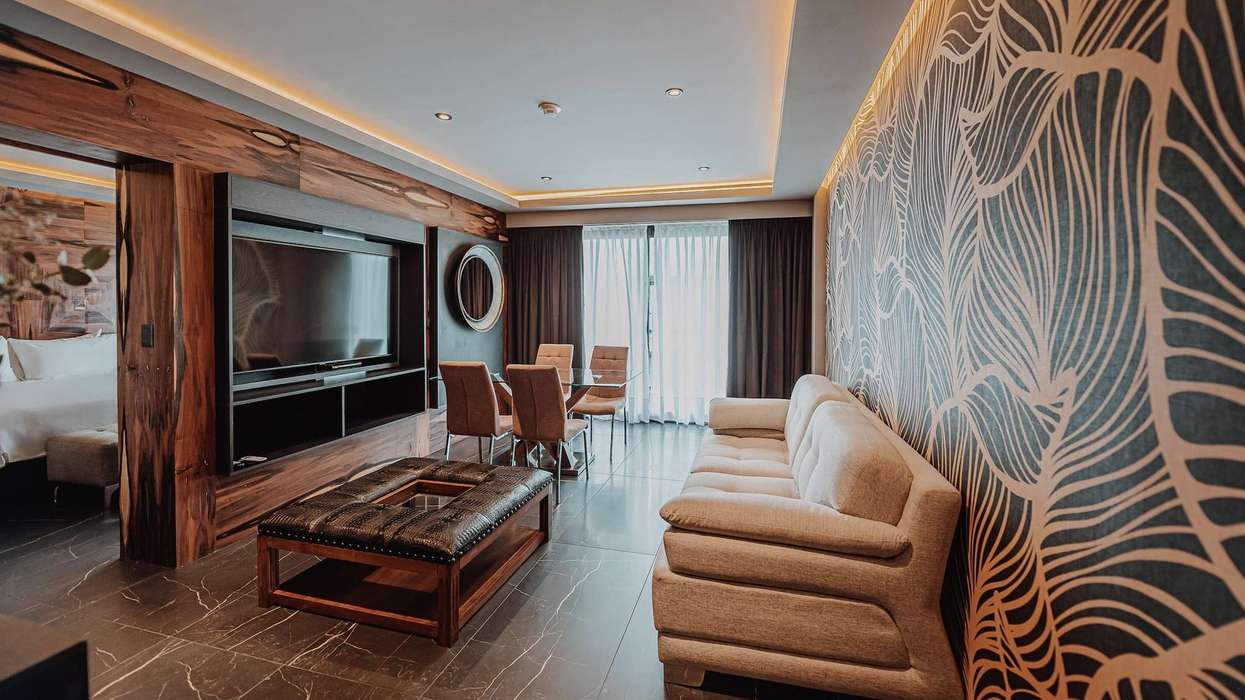THE SOCIAL AND economic fallout from the COVID-19 pandemic has very badly affected the travel and hospitality industries. A new study reveals that hoteliers are implementing broad, overlapping cost-cut strategies to recover post-COVID-19.
The “COVID-19 Hotelier Sentiment Study” by Fuel, StayNTouch and ReviewPro said that 41 percent of respondents believe that their hotels will fully recover in less than a year, with 13 percent believing that it will happen in the next six months.
“Hoteliers are engaging in broad budgetary cuts including cuts to marketing, closing unoccupied floors, and staff layoffs/furloughs. Almost two-thirds of our respondents cut marketing spend, 64.78 percent, and closed unoccupied floors, 64.57 percent. About half of the hotels planning on reopening with 25-50 percent fewer staff members, and 11 percent reopening with less than 25 percent of their original team,” said the study.
“As many as 41 percent of respondents believe that their hotels will fully recover in less than a year, with 13 percent believing that it will happen in the next six months. Most hoteliers also believe business will recover at some point, with 58 percent claiming that they are either “confident” or “very confident” in their businesses’ ability to recover.”
As many as 494 hoteliers were surveyed in the study. Two-thirds of respondents were based in North America and Europe, with about one-fifth in Asia and another 10 percent in Oceania.
Half of the respondents to the study pursued staff layoffs, 52.02 percent, or furloughed workers, 49.39 percent. Almost 45 percent of respondents chose to reduce employee pay, while only a third of respondents’ executive leadership chose to forgo their salary, 35.63 percent, noted the study.
According to the study, 41.7 percent of the respondents have cut spending on technology and a similar number of hoteliers asked for relief from tech vendors.
However, the study points out that reassessing their technology strategy is necessary for hotels to better adapt to a post-pandemic environment.
“Hoteliers should take this time to reassess their technology budget and priorities, and pursue technologies that will prepare their business to better respond to a future health crisis,” the study said.
“Over 50 percent respondents said their plan to incorporate mobile/self-service technology post-recovery, while 49 percent said they would incorporate some form of guest messaging which includes reducing physical interactions between staff and guests, increasing digital guest touchpoints and monitoring online reviews.”
A recent consumer sentiment survey conducted by Fuel Travel (who has also partnered on this study), finds out that people more likely to travel to local and less densely populated destinations in the first three months after restrictions are lifted.
Almost 75 percent of respondents are reassessing internal policies and procedures, including housekeeping and hygiene policies, and have attended some type of educational or training program. Over 70 percent of respondents developed some type of business recovery plan, with plans ranging from pure cost-cutting, to enhancing SOP and hygiene, to revamping their marketing strategy, the study said.




